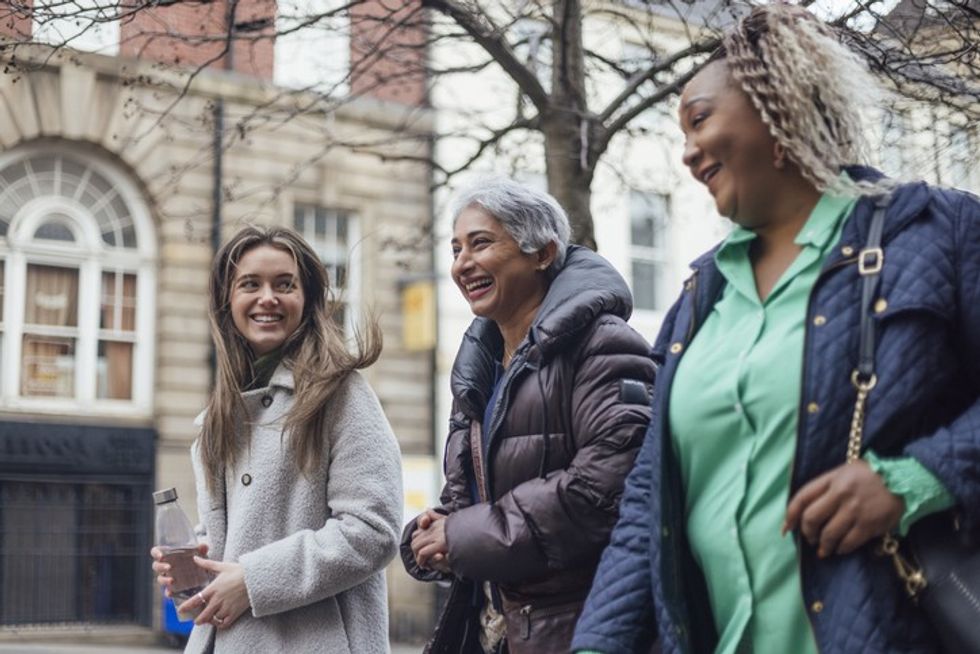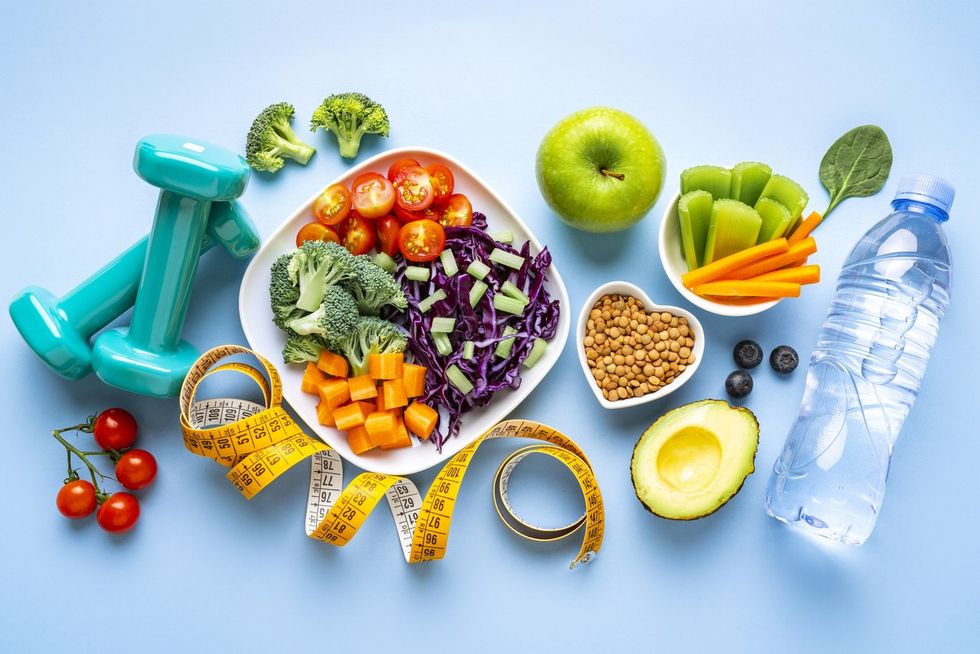GEORGE ALAGIAH, who has tested positive for coronavirus, believes living with cancer gives him “an edge” in coping with Covid-19.
The BBC presenter, who had been battling bowel cancer since 2014, said: "If I can live with cancer, I can certainly live with COVID-19."
Last month, Alagiah, 64, had announced on Twitter that he would “stay away from the newsroom” due to the coronavirus threat.
After being diagnosed with Covid-19, Alagiah told BBC: "I don't want to trivialise because I seem to have had a mild dose, but actually, the very fact that we (cancer patients) are living with cancer I think gives us an edge.”
He added that cancer patients like him had “confronted those difficult, dark moments in our life”.
"And in some ways, I think that we, those of us living with cancer, are stronger because we kind of know what it is like to go into something where the outcomes are uncertain,” he said.
Alagiah—whose book, The Burning Land, was shortlisted for the Authors' Club Best First Novel award last week—said he “went into this feeling actually quite strong, if I can live with cancer, I can certainly live with Covid-19”.
His wife Fran, too, had Covid-19 symptoms. "She's been through it a little bit and it's kind of lasted a bit longer,” he said.
"There doesn't seem to be any rhyme or reason for how this plays out in individuals.”
Alagiah added that “there are people out there who are really finding this tricky, families going through a very anxious time”.





 There’s deep healing in the communityiStock
There’s deep healing in the communityiStock













